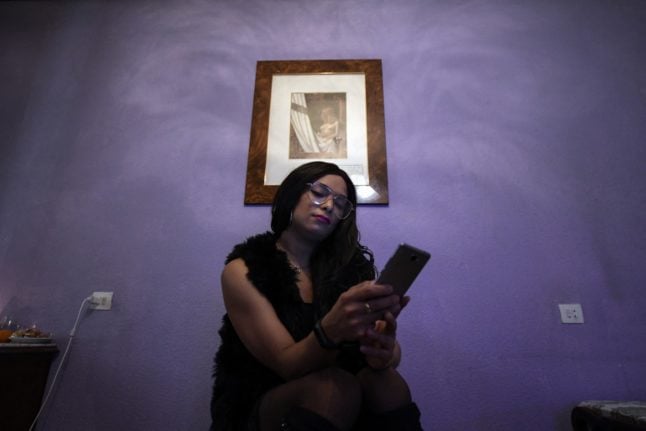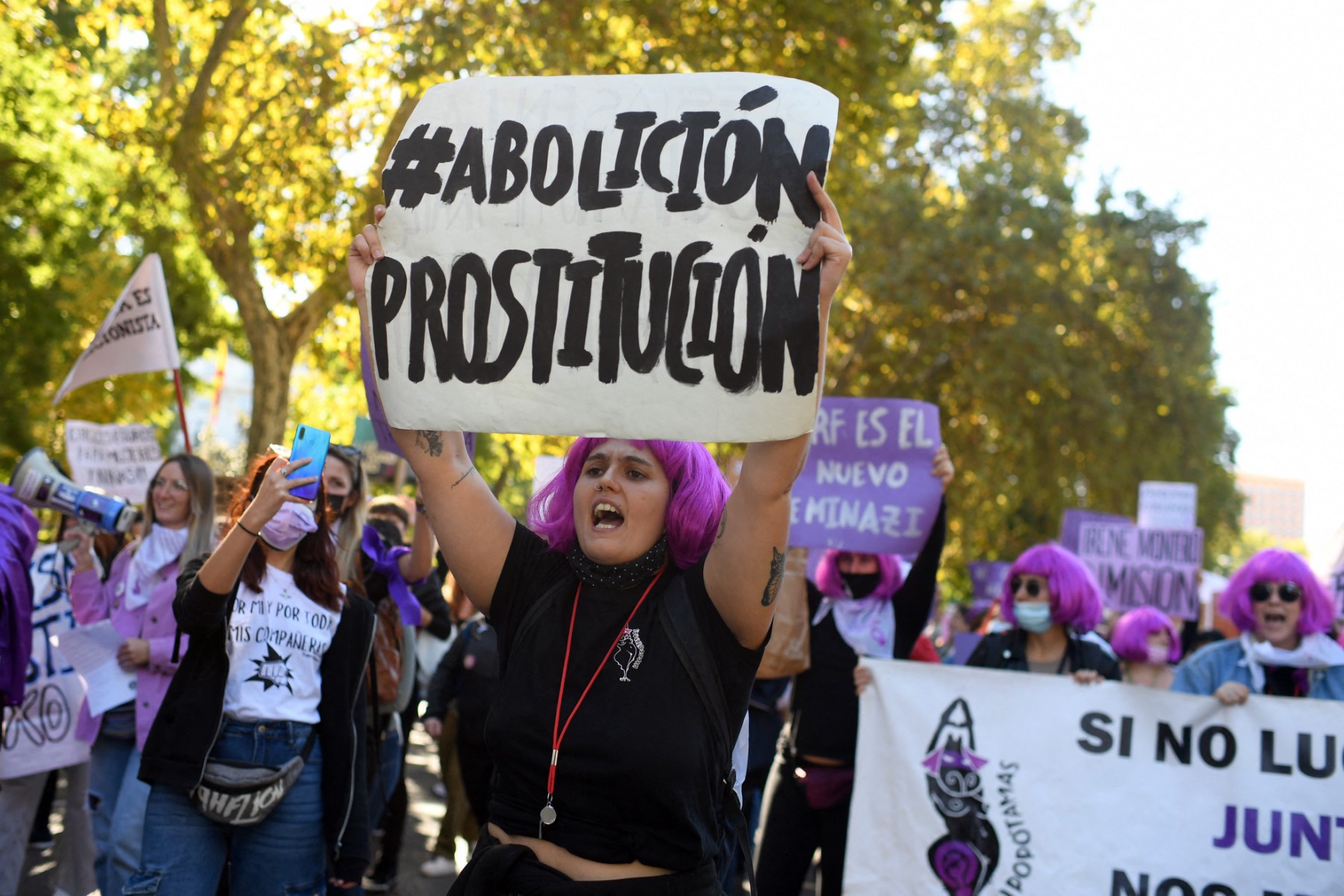The threats, which the left blames on the far-right, come amid deep political polarisation and during campaigning for a regional election in Madrid on May 4th which could have important ramifications for national politics.
“We can’t be intimidated. We are conscious that democracy will defeat hate,” Reyes Maroto told reporters outside parliament after filing a complaint with police over the letter.
She held up a photo of the knife covered in red stains. Police are investigating if the stains were blood or paint.
‼️Imagen difundida por La Sexta de la navaja recibida por Reyes Maroto 🌹 junto al sobre matasellado que la contenía.https://t.co/EqNRLwPZK9 pic.twitter.com/LzilgFFbVw
— EM – electomania.es (@electo_mania) April 26, 2021
Maroto, a socialist, has served as minister of tourism and industry in Prime Minister Pedro Sanchez’s left-wing government since 2018.
She has campaigned intensely in support of the Socialist party’s candidate to head the regional government of Madrid ahead of next week’s polls.
Sanchez “strongly condemned” the threats in a tweet. “Enough! We are not going to let this pass. We are not going to accept that hatred disrupts coexistence in Spain,” he added.
Last week Interior Minister Fernando Grande-Marlaska, the head of the Guardia Civil police force, Maria Gamez, and the leader of far-left party Podemos, Pablo Iglesias, received threatening letters with bullet cartridges inside.
“Today it is me, but if the impunity and media whitewashing of the far-right continues, tomorrow it will be other colleagues,” Iglesias tweeted Thursday along with a photo of the handwritten letter which he received as well as four bullets.
Iglesias stepped down last month as a deputy prime minister in Sanchez’s coalition to run in the election as Podemos’ candidate to head the regional government of Madrid. The threats have shaken up the election campaign.
Iglesias on Friday walked out of a regional election debate on radio after the candidate for the far-right Vox part cast doubts on the death threats.
Sanchez on Sunday sought to rally leftists voters by warning that Vox was a “threat” to democracy.
Polls suggest the outgoing head of Madrid’s regional government, Isabel Diaz Ayuso of the conservative Popular Party, is poised to win the most seats but could need Vox support to govern.




 Please whitelist us to continue reading.
Please whitelist us to continue reading.
Member comments